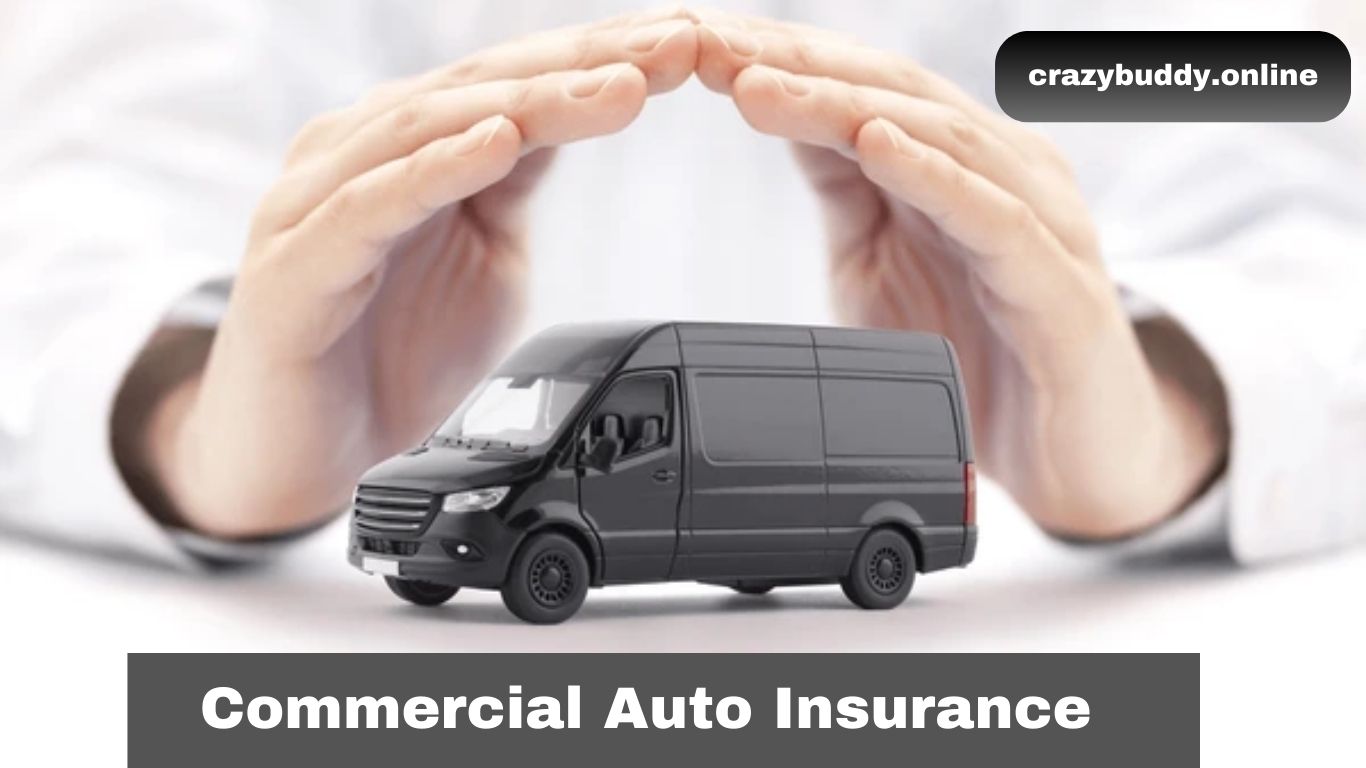Commercial auto insurance is a crucial component for businesses that rely on vehicles for their operations. Whether you own a fleet of delivery trucks, run a taxi service, or simply use company cars for business purposes, having adequate insurance coverage is essential to protect your assets and mitigate financial risks.
Understanding Commercial Auto Insurance Coverage
Commercial auto insurance policies typically offer several types of coverage, each designed to protect against different risks and liabilities. These may include:
- Liability Coverage: Covers damages and injuries you cause to others.
- Collision Coverage: Pays for damages to your vehicle after a collision.
- Comprehensive Coverage: Protects against non-collision incidents like theft, vandalism, or natural disasters.
- Uninsured/Underinsured Motorist Coverage: Covers damages if you’re involved in an accident with a driver who has insufficient or no insurance.
Importance of Commercial Auto Insurance for Businesses
Commercial auto insurance goes beyond protecting vehicles; it safeguards your business from legal and financial consequences. Here are key reasons why it’s crucial:
- Legal Requirements: Many states mandate commercial auto insurance for businesses.
- Asset Protection: Covers repair or replacement costs for vehicles.
- Risk Mitigation: Reduces financial liabilities from accidents and lawsuits.
- Business Continuity: Ensures your operations can continue after an accident.
The Role of Commercial Auto Insurance in Business Operations
Commercial auto insurance isn’t just about compliance; it’s about ensuring your business can operate smoothly without major disruptions due to unforeseen events. By investing in comprehensive coverage, businesses can protect their finances, maintain customer satisfaction through reliable service, and uphold their reputation in the industry.
Key Features of Commercial Auto Insurance Policies
To help you navigate the complexities of commercial auto insurance, here are some key features commonly found in policies:
- Policy Limits and Deductibles: Understand your coverage limits and the amount you must pay out of pocket before insurance kicks in.
- Coverage Extensions: Some policies offer additional coverage options for specific needs, such as rental car reimbursement or roadside assistance.
- Exclusions: Be aware of what’s not covered by your policy, such as intentional acts or certain types of vehicles not specified in the policy.
Types of Commercial Auto Insurance Coverage
| Coverage Type | Description |
|---|---|
| Liability Coverage | Covers damages and injuries to others caused by your vehicle. |
| Collision Coverage | Pays for damages to your vehicle after a collision with another vehicle or object. |
| Comprehensive Coverage | Protects against non-collision incidents like theft, vandalism, or natural disasters. |
| Uninsured/Underinsured Motorist Coverage | Covers damages if you’re hit by a driver with insufficient or no insurance. |
Tips for Choosing Commercial Auto Insurance
- Assess Your Needs: Evaluate the types of vehicles you use and the potential risks they face.
- Compare Policies: Obtain quotes from multiple insurers to find the best coverage at competitive rates.
- Review Exclusions: Understand what’s not covered to avoid surprises during a claim.
- Consider Additional Coverage: Depending on your business, you may need specialized coverage like hired auto or non-owned auto liability.
- Customer Service: Choose an insurer known for excellent claims handling and customer support.
Conclusion
In conclusion, commercial auto insurance is an indispensable investment for businesses of all sizes that rely on vehicles to conduct their operations. By understanding the different types of coverage available, assessing your specific needs, and choosing a reputable insurer, you can protect your business from financial losses and ensure continuity in the face of unforeseen circumstances. Make informed decisions about your commercial auto insurance to safeguard your business today and in the future.
